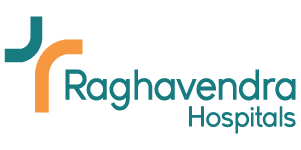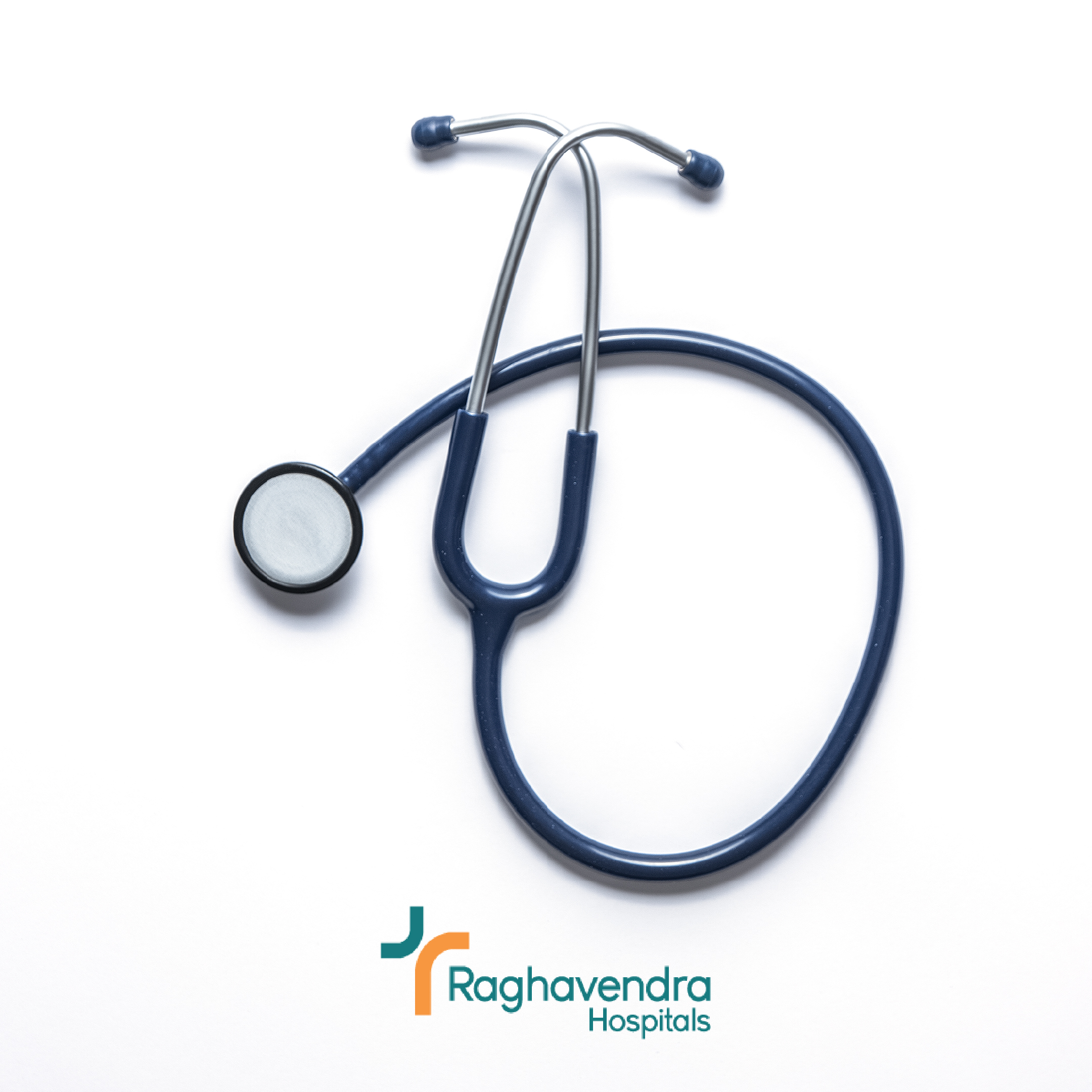Raghvendra Hospital’s Vascular Care division is a trusted center for the treatment of a wide range of vascular diseases and disorders at value-efficient costs.
We rely on cutting edge technology, medical and surgical expertise in treating various emergency and non-emergency vascular, endovascular and peripheral conditions like-
– Deep vein thrombosis
– Carotid artery disease
– Varicose veins
– Lymphedema treatment
– Peripheral artery disease and more.
Our expert teams are primed to serve you with prompt, comprehensive and personalized treatments so that you recover soon with minimum disability.
At Raghavendra Hospitals in Hyderabad, the Department of Vascular Surgery tackles vascular disorders such as:
Carotid Artery Disease (CAD) is a condition that affects the carotid Plaque (fatty deposits) accumulates in the inner lining of the carotid arteries, blood vessels that supply blood to the brain and head, causing carotid artery disease. A obstruction like this can increase the risk of stroke and other serious health problems. This illness develops slowly, and a stroke or transient ischemic attack could be one of the earliest symptoms of its presence (TIA). Coronary Artery Disease (CAD) is a condition that occurs when the major blood arteries that provide blood to the heart become damaged or diseased. Coronary artery disease is usually caused by plaque deposits and inflammation in the coronary arteries.
Peripheral Arterial Disease (PAD): Peripheral artery disease is another name for peripheral artery disease. This is a common cardiovascular condition in which the arteries narrow and blood flow to the limbs is reduced. The extremities – mainly the legs – do not receive enough blood flow when peripheral arterial disease develops. This leads to claudication, a condition in which walking causes leg pain.
Aneurysm: When a section of the arterial wall weakens, it allows the artery to enlarge abnormally. The majority of the time, the reason of the problem is unknown. It can be congenital in some cases, or the result of aortic illness or an accident in others.
Blood Clot: Venous thrombosis is the most common term for a blood clot. Deep vein thrombosis is a type of venous thrombosis in which a clot forms in a deep vein, commonly in the leg.
Lymphedema is a disorder in which the arms or legs enlarge. The swelling usually occurs in one of the arms or legs, but it can sometimes occur in both arms or legs. Lymphedema is frequently caused by cancer treatment that involves the removal or destruction of lymph nodes.
Mesenteric Artery Disease (MAD) is a disorder that occurs when the arteries supplying blood to the intestines in the abdomen narrow owing to plaque build-up. The intestines’ ability to work is hampered by a lack of blood.
Renovascular disease is a condition that affects the arteries that provide blood to the kidneys and causes them to malfunction. The disorder can lead to high blood pressure and/or kidney failure as a side effect.
Raghavendra Hospitals’ Department of Vascular Surgery is one of the greatest and most reputable institutes for treating vascular illnesses. With an incredibly high success rate, we have performed several vascular and advanced vascular surgeries and procedures. To ensure that our patients live a healthy life, we offer a wide choice of treatment and care options. Large aortic and peripheral aneurysms, long segment arterial occlusive disorders of the belly and lower limbs, varicose veins, and other ailments are among the conditions we treat.
Minimally Invasive Surgery (MIS): This type of surgery uses minimal incisions to treat a problem. When blood flow is reduced due to vascular disorders, minimally invasive operations are used to treat the difficulties. To restore blood flow, doctors usually use ultrasound, X-ray, and other imaging techniques to guide a catheter, a narrow tube with specialised equipment, to the damaged area. This procedure requires fewer incisions, is less uncomfortable, and recovers quickly. Almost all vascular issues, including atherosclerosis, strokes, deep vein thrombosis, and varicose veins, can be treated with minimally invasive surgery.
IVC Filter Placements: An IVC filter, or inferior vena cava filter, is a tiny device that prevents blood clots from entering the lungs. The device is implanted after a quick operation. A tiny incision in the patient’s groyne or neck is made during the procedure. The catheter, a thin, flexible tube, is then placed into the vein. This catheter is inserted into the patient’s IVC with care. The catheter is then sent with a deflated IVC filter. The catheter is withdrawn at the end of the surgery, but the filter is kept in place. The filter grows over time and adheres to the walls of the Inferior vena cava. The filter can be left in place indefinitely or removed.
Sclerotherapy is probably the most frequent method of treating varicose veins. A saline or chemical solution is injected into the patient’s veins during this therapeutic technique. The veins harden as a result of this injection, and they no longer fill with blood. After this treatment, blood that had been returning to the heart through these veins is now returning through other veins. The veins into which the solution is injected shrink and dissolve over time.
Thrombolysis: Thrombolytic therapy, also known as thrombolysis, is a treatment that involves dissolving harmful blood clots in blood vessels to enhance blood flow and protect tissues and organs. Clot-busting medications are given by an intravenous (IV) line or a lengthy catheter that delivers drugs directly to the bloodstream.



No Comments
Sorry, the comment form is closed at this time.